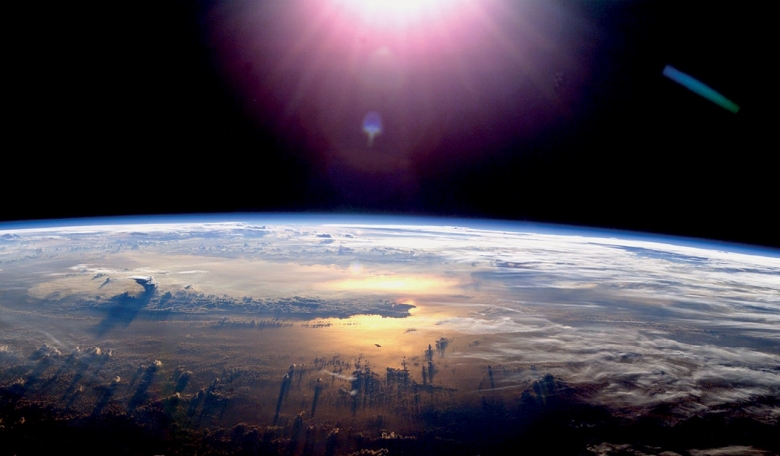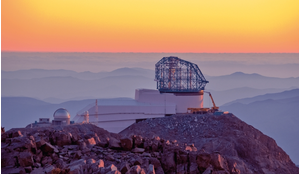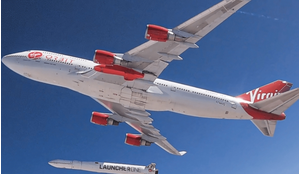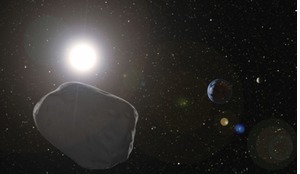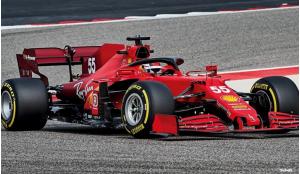Satellites in geostationary orbits (GEO) are an invaluable tool, receiving and transmitting data for a vast range of applications from communications and GPS services to scientific research, environmental monitoring and humanitarian aid. But satellites have a limited lifespan and, as the numbers increase, so do the hazards associated with space debris in the GEO zone. Stuart Eves suggests some possible solutions to this growing problem.
The concept of the geostationary Earth orbit satellite was first popularised by Arthur C. Clarke in a 1945 article published in Wireless World magazine, in which the then naval officer and science fiction author proposed their use to create a global communications system. Based on earlier work by a largely forgotten Slovene scientist, Herman Noordung, Clarke’s idea was to exploit the unique orbital altitude (35,786 km) where satellites match the Earth’s sidereal rotation period, (thereby appearing fixed in the sky relative to a point on Earth, and so providing a convenient location from which to relay telephone communications).
The first truly geostationary (geosynchronous equatorial orbit) satellite, Syncom 3, was not launched until 1964, but this prime orbital real- estate was soon exploited for civil applications including telephone communications, direct- broadcast TV and weather satellites, and for military missions including missile warning, signals intelligence and data relay.
Science missions, including the Solar Dynamics Observatory, a programme designed to help us understand the Sun’s influence on Earth and near-Earth space, have also been placed in GEO. In the future, such monitoring missions may help to provide warning of extreme space weather events generated by the Sun.
Read more of Stuart Eves' analysis of possible solutions to space debris and other issues in geostationary orbit in the full version of the article, available now to our subscribers.





